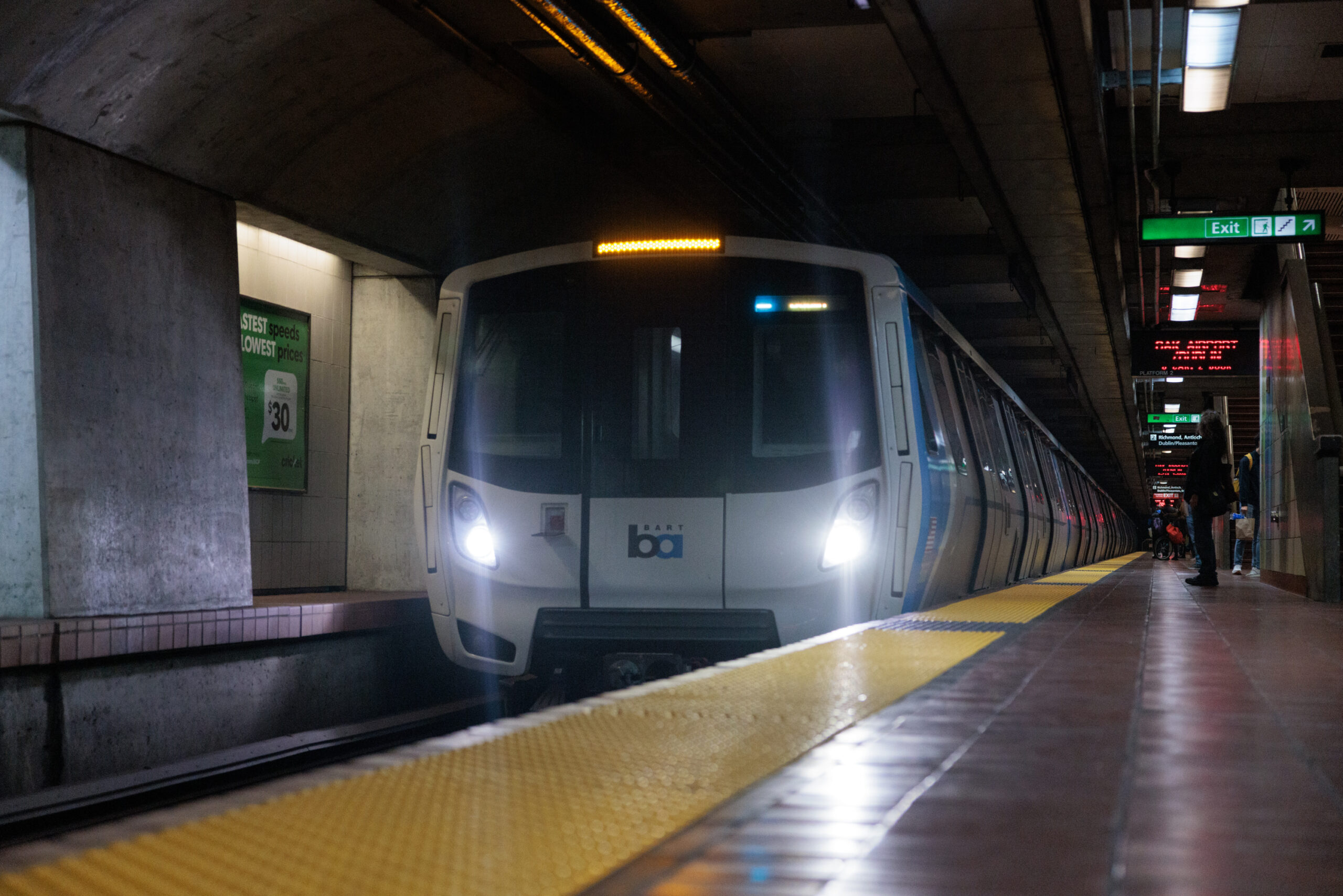The San Francisco Board of Supervisors unanimously adopted a resolution urging Sacramento to do more to save the city’s transit systems from a looming fiscal cliff with the state budget deadline a little over a week away.
Sponsored principally by Supervisor Matt Dorsey, the resolution urges Gov. Gavin Newsom and the state Legislature to provide funding that is “based on a formula that avoids service cuts that most impact transit-dependent riders.”
“Transit is so fundamental to what we do in the San Francisco Bay Area; I can’t imagine a future without it,” Dorsey said at Tuesday’s Board of Supervisors meeting. “Hopefully, we won’t have to.”
The resolution reflects worries that funding proposals in the state Legislature’s draft budgets disadvantage the city. It also calls on Sacramento to “allow one-time investments of excess Federal Highway funds into transit operations as suggested by President Joe Biden.”
The resolution is the latest move in a monthslong campaign by Bay Area lawmakers to obtain operations funding for the region’s transit agencies in the state budget. Advocates say the funding is critical to avoid a “death spiral” where funding cuts lead to service cuts and deepening loss of fare revenue.
The campaign began in January when Newsom cut $5.7 billion in transit funds in next year’s budget proposal. Some $2 billion was restored in draft Assembly and Senate budgets released in late May. The Legislature must pass a budget by June 15.
The problem, according to advocates and policymakers, is that much of that money will be allotted by population instead of by financial need: The Bay Area is entitled to around 20% of those funds but accounts for 50% of the statewide transit deficits. Advocates have pointed out that the funding is stacked against Bay Area transit systems.
GET THE INSIDE SCOOP: Power Play is The Standard's new insider email newsletter covering City Hall and politics. Sign up here.
San Francisco Municipal Transportation Agency Transportation Director Jeffrey Tumlin has said that barring additional funding, the agency will need to cut up to 20 Muni bus system lines starting as early as this summer.
The continued dearth of state funding has prompted a scramble for other funding sources, some of which are also generating pushback.
Last week, supervisors approved a resolution urging SFMTA to delay a plan to extend parking meter hours to help pay for transit pending an economic impact report.
During the vote for that resolution, Supervisor Ahsha Safaí noted that the plan “would have a significant impact on a lot of businesses and a lot of different neighborhoods” in a still-weak economy.
He also encouraged the agency to run a pilot program in select neighborhoods before full implementation.
Another alternative is a ballot measure to fund Bay Area transit agencies from the Metropolitan Transportation Commission, currently planned for 2026.
State Sen. Scott Wiener has urged the agency to move the measure up to 2024 to stave off the death spiral, arguing that 2026 would be too late. The transportation commission already has an affordable housing bond planned for 2024, however.
